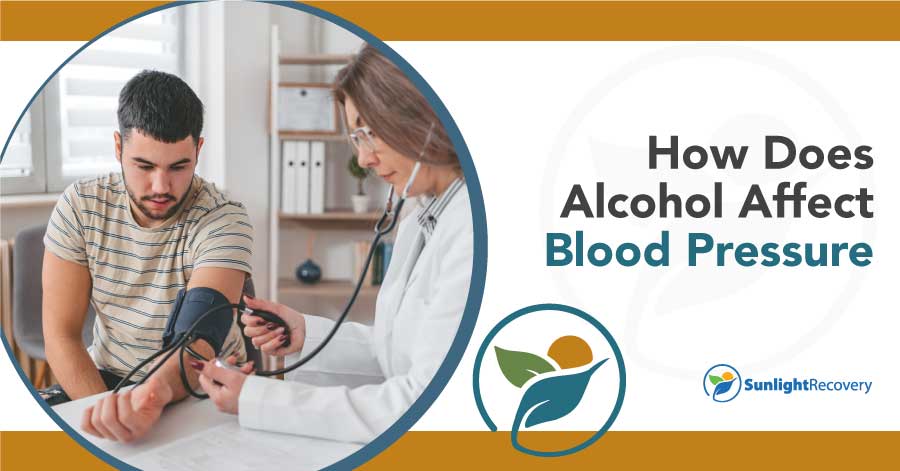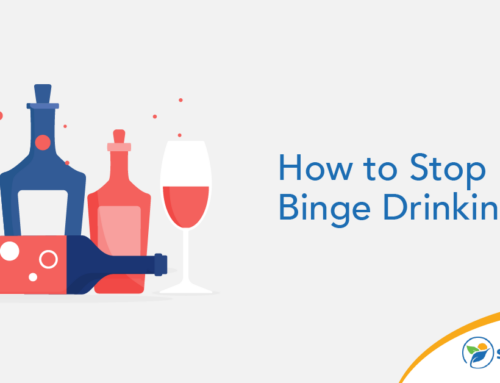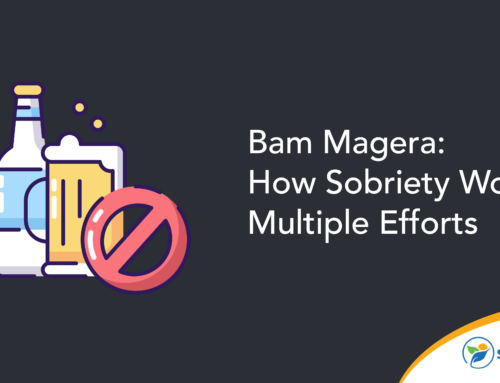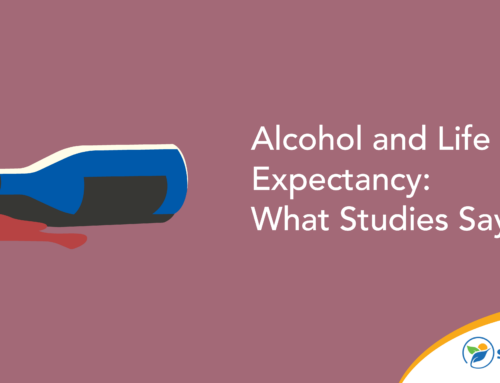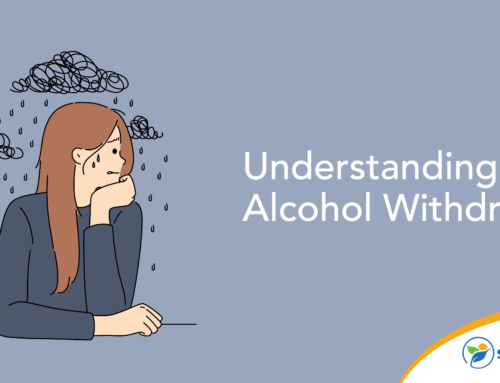It’s common to have a better time at a social gathering with a drink in your hand. Alcohol can lower your inhibitions and make you feel like the life of the party. Many praise the benefits of drinking alcohol in moderation, which is known to immediately lower your blood pressure. Sources such as Medical Daily list other benefits of occasional drinking:
- Extends lifespans
- Lowers the risk of cardiovascular disease
- Reduces the risk of gallstones
- Lowers the likelihood of developing diabetes or dementia
- Improves libido
- Helps prevent the common cold
However, occasional drinking can easily become regular or moderate drinking. With moderate drinking, the above benefits quickly disappear. But unlike with alcohol and the liver, the link between alcohol and blood pressure is rarely discussed. That’s because high blood pressure, or hypertension, is also called the “silent killer.”
The Importance of Controlling Blood Pressure
It’s easy to live with high blood pressure for years — until it isn’t. This is because hypertension usually has no obvious symptoms. It doesn’t interfere with any functions in daily life. There’s no pain, no shortness of breath and no aches. Yet this silent killer often leads to life-threatening outcomes, such as a stroke, a heart attack, kidney or heart failure and eye damage. At that point, it’s too late to remedy what could have been averted by simply controlling your blood pressure. This is why your doctor notes your blood pressure at every visit.
With the dangers of high blood pressure clear, it’s helpful to know exactly what it is. High blood pressure is a fairly common condition in which the long-term force of blood being pushed from your heart against the walls of your arteries is high enough to cause health problems. The more blood that your heart pumps and the narrower your arteries, the higher your blood pressure.
Blood pressure readings have two numbers: one on the top and one on the bottom. The top number monitors systolic pressure. This measures the pressure in your arteries when your heart beats, pumping blood into them. According to the Centers for Disease Control (CDC), a reading from 120-139 mm is considered prehypertension. This means you’re at risk for high blood pressure. A reading of 140 mm or above is high.
The bottom number monitors diastolic pressure. This measures the pressure in your arteries when your heart is at rest between beats. The CDC maintains that a reading from 80-89 mm is prehypertension. Anything from 90 mm and above is considered high.
Why Does Alcohol Lower Blood Pressure?
Can alcohol cause high blood pressure? And why does it actually lower blood pressure for some people in the short term? The Oxford Academic Journal explains that this is because the nitric oxide in alcohol can cause arteries to widen, temporarily lowering blood pressure. But the keyword here is “temporarily.” Just 13 hours after your last drink, your arteries have constricted and blood pressure is back to normal — even elevated if you had many drinks.
Blood Pressure and a Lifestyle of Alcohol
It’s easy to believe that alcoholics or heavy drinkers would have trouble with elevated blood pressure thanks to their lifestyle. We’ve all heard of the toll heavy and prolonged drinking takes on the body. But say you have just one or two glasses of wine a night — 13 drinks a week, which would classify you as a moderate drinker. Even a moderate drinker is twice as likely as those who don’t drink to develop high blood pressure. If you’re a moderate drinker but diabetic, your odds of developing high blood pressure have tripled.
Why does alcohol raise blood pressure? Due to the other effects alcohol has on the body, blood pressure rises. For example:
- Alcohol raises calcium levels in the body. Elevated calcium narrows the arteries, so blood pressure goes up.
- In response to alcohol, the brain and nervous system release adrenaline, which causes the heart to beat faster, thus raising blood pressure.
- Alcohol also causes the brain and nervous system to release cortisol. This stress hormone causes you to retain water, which leads to high blood pressure.
- Similarly, alcohol increases vasopressin, a hormone that causes water retention and therefore elevates blood pressure.
- The levels of the renin-angiotensin-aldosterone system increase. This endocrine system regulates blood pressure by balancing fluid and electrolyte levels.
- Regular alcohol use leads to depression, which reduces blood flow to the heart, causing the body to release cortisol, which raises blood pressure.
- The sugar in alcohol often leads to weight gain, and being overweight elevates blood pressure.
Can Quitting Alcohol Help Reverse High Blood Pressure?
Does prolonged drinking cause irreparable damage to blood pressure, or will quitting alcohol allow the body to heal? Thankfully, it seems blood pressure can be normalized if drinking is stopped or greatly lessened. In extreme cases of heavy drinking, blood pressure can decrease noticeably in a few days. In a research study, 14 heavy drinkers with hypertension were admitted to a hospitalization withdrawal program. After just three days, 13 of them showed markedly decreased blood pressure levels. However, their blood pressure was still not within normal ranges. This is because there doesn’t seem to be a quick fix to normalize blood pressure. Researchers found that, on average, it takes about three weeks after quitting alcohol for blood pressure to lower to acceptable levels. Of course, every person is different, and the amount of alcohol, the length of drinking and the individual’s overall health must be taken into account. But there’s no question that quitting or even reducing alcohol will help your blood pressure over time.
The Importance of Seeking Help
Quitting any habit can be hard. But when it comes to dependence on a substance like alcohol, it’s almost impossible to get sober and stay sober by yourself. Will power alone is not enough. After years of alcohol dependence, breaking the addiction can feel daunting. It can be even more challenging to stop when some dangerous effects, like the silent killer of high blood pressure, are not even felt.
At Sunlight Recovery, our team of professionals knows how to safely guide you through a medical detox process. Recognizing that everyone is different, we tailor treatments to each individual and help you through it, with a goal of long-term recovery. Contact Sunlight Recovery to get your life back. Call us at (888) 402-3647 today.


